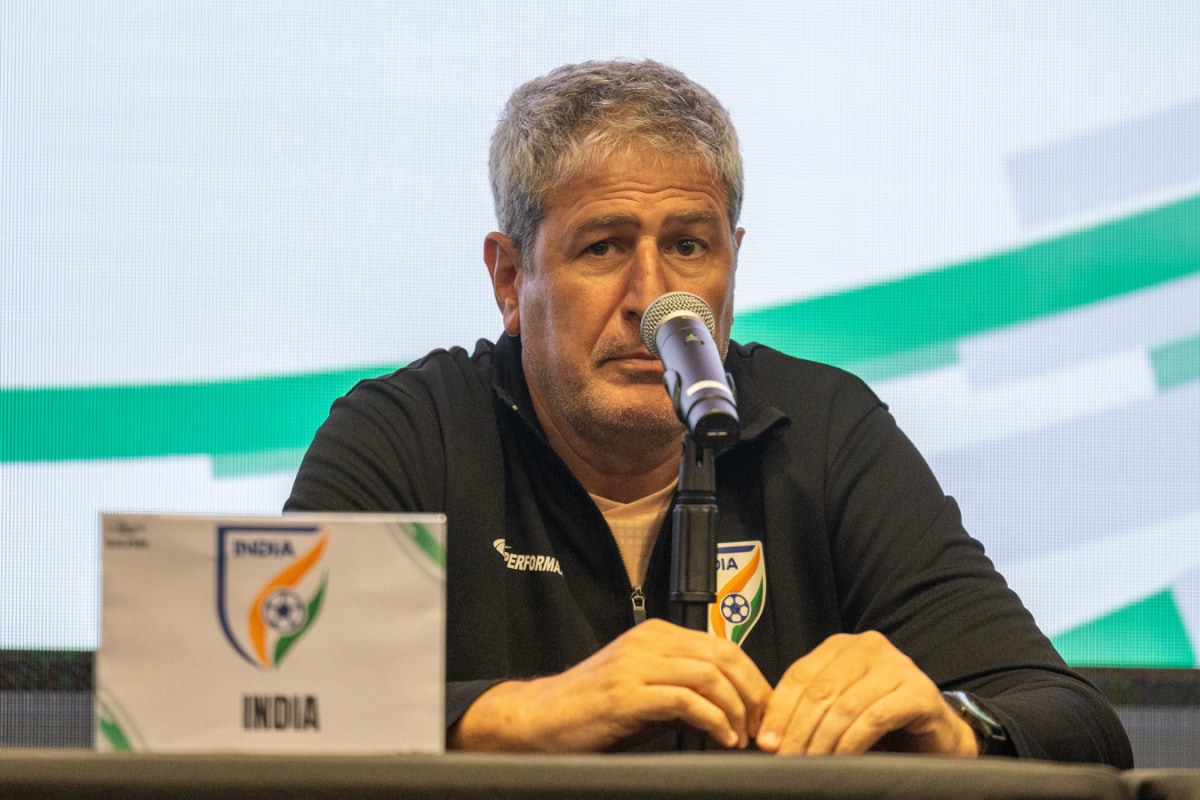

The All India Football Federation (AIFF) is set to decide on the future of its men's national team head coach, Manolo Marquez, during an Executive Committee meeting scheduled for June 29. The decision comes amidst growing uncertainty surrounding the Spanish coach's position, fueled by a string of underwhelming results and increasing scrutiny from fans and critics alike.
AIFF President Kalyan Chaubey confirmed the date, acknowledging the numerous queries he has received regarding Marquez's continuation as the head coach. “Manolo Marquez is a highly rated coach and has a good understanding of Indian football and the players," Chaubey stated. "However, in the past few days, I have received several calls on whether the coach will continue or not. We have an executive committee meeting on June 29, where we will take a call on that."
Marquez's appointment in July 2024 was initially met with optimism, with many viewing him as a tactical upgrade. He was contracted in a dual role, allowing him to continue coaching FC Goa while also managing the national team. However, this arrangement has been criticized for potentially hindering the team's progress due to limited time for player integration and tactical development. From June 1, 2025, Marquez transitioned to a full-time role with the national team.
Since taking charge, Marquez has overseen eight matches, including six friendlies and two crucial AFC Asian Cup 2027 qualifying fixtures. India has managed only one win during this period, a 3-0 victory against the Maldives in March 2025 where Sunil Chhetri came out of retirement to score. In competitive matches, the team has struggled, most recently suffering a 1-0 defeat to Hong Kong and a goalless draw against Bangladesh in the AFC Asian Cup qualifiers. These results have placed India at the bottom of their group, significantly jeopardizing their chances of qualifying for the 2027 Asian Cup.
The defeat to Hong Kong, a team ranked considerably lower than India, has particularly intensified the pressure on Marquez. Critics point to the team's disjointed performances and lack of inspiration, attributing it to the limited time Marquez had to build squad chemistry and implement his tactical vision. Some have also criticized his decision to bench Sunil Chhetri, India's highest international goal-scorer, in the match against Hong Kong.
Adding to the complexity, Marquez's contract with the AIFF reportedly lacks a termination clause favorable to the federation. This means that if the AIFF decides to terminate his contract before its expiry in May 2026, they may be liable to pay him a significant sum. However, a mutual parting of ways is also a possibility.
Beyond Marquez's future, Chaubey also addressed other critical issues facing Indian football. He acknowledged the ongoing goal-scoring crisis and the shortage of quality strikers as major concerns. He suggested potential solutions, such as reducing the number of foreign players in domestic leagues to provide more opportunities for Indian forwards. Chaubey also highlighted the AIFF's efforts to include Overseas Citizens of India (OCI) players in the national team setup, confirming that they are in contact with 33 eligible players.
As the June 29 meeting approaches, the AIFF faces a crucial decision that could significantly impact the future direction of Indian football. They must carefully weigh Marquez's performance, the financial implications of his contract, and the potential benefits of a coaching change. The outcome of this meeting will be closely watched by fans and stakeholders alike, as India seeks to regain its footing in the international football arena.